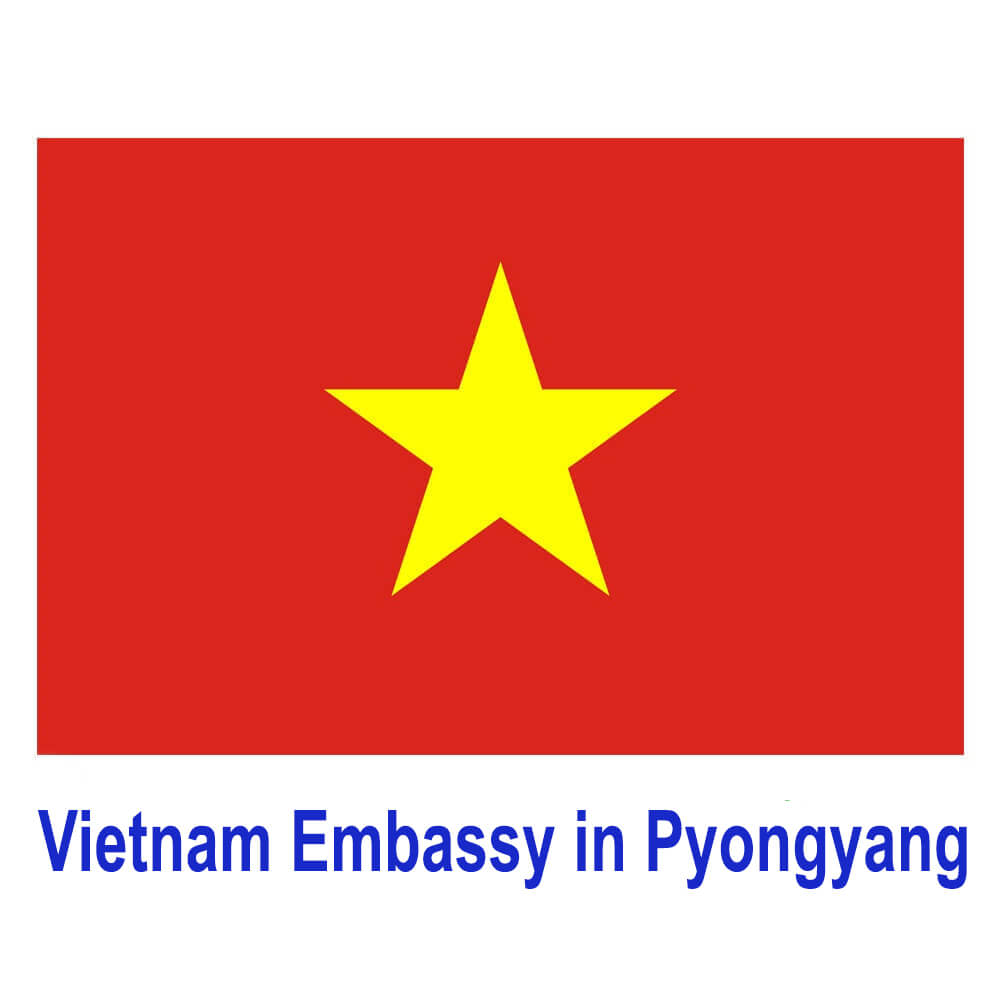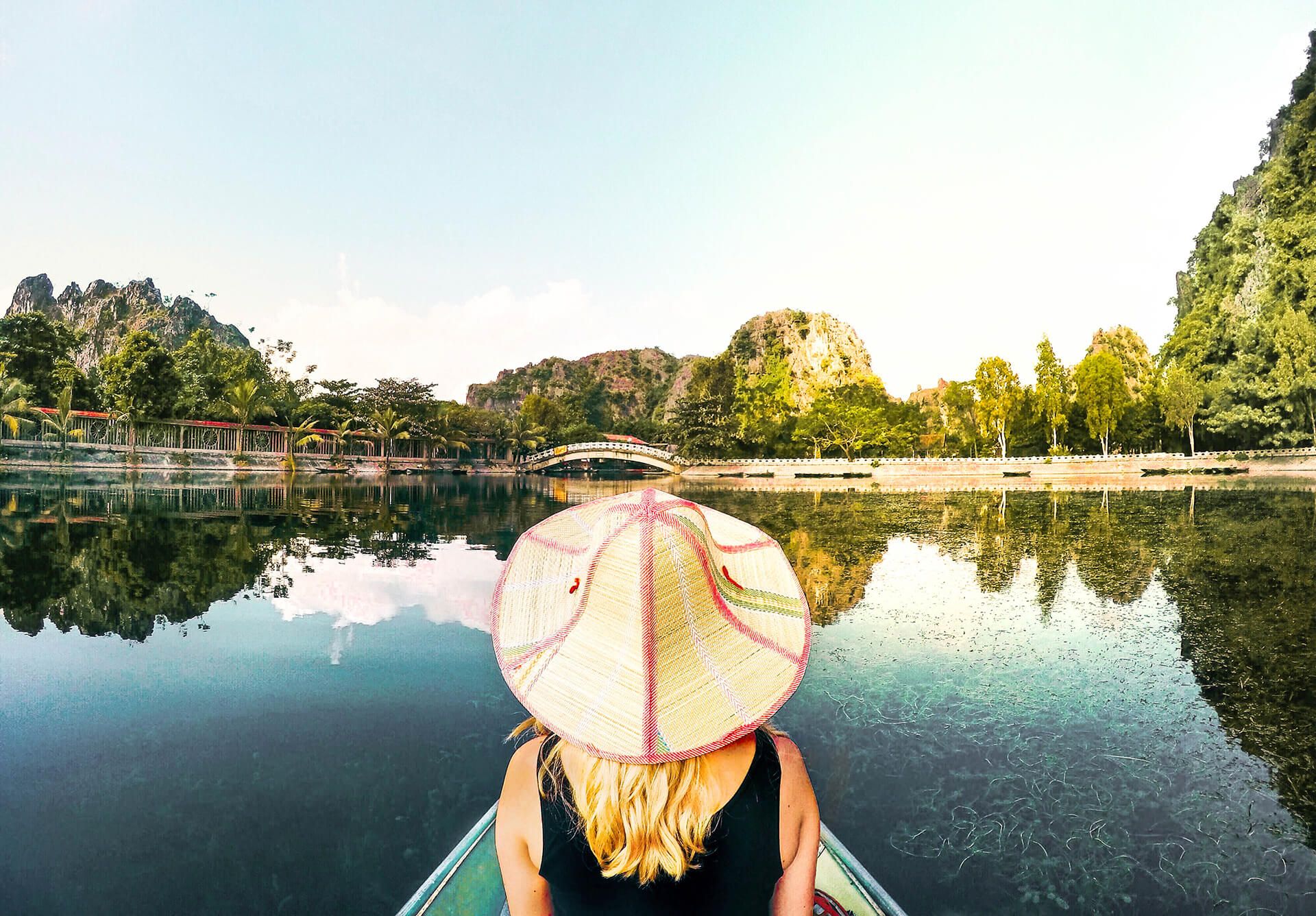
2023 Ultimate Guide to Vietnam Tour and Tourist Visa
Planning a trip to Vietnam and unsure about the tourist visa requirements and process? Look no further! This comprehensive guide provides everything you need to know about Vietnam tour and tourist visas.

Table of Contents
Who Needs a Tourist Visa for Vietnam?
Citizens from most countries are required to obtain a tourist visa before entering Vietnam. However, citizens of a few countries are exempted from this requirement. Here is a list of countries whose citizens are exempted from obtaining a tourist visa:
- Thailand
- Cambodia
- Indonesia
- Malaysia
- Singapore
- Philippines
- Laos
- Japan
- South Korea
- Myanmar
- Brunei
If you’re not from one of these countries, you will need to apply for a tourist visa for Vietnam.
What is a Tourist Visa for Vietnam?
A tourist visa for Vietnam is a type of visa that allows foreigners to enter the country for tourism purposes. It’s usually valid for a single entry and for a specific duration of time, which varies depending on the type of visa issued.
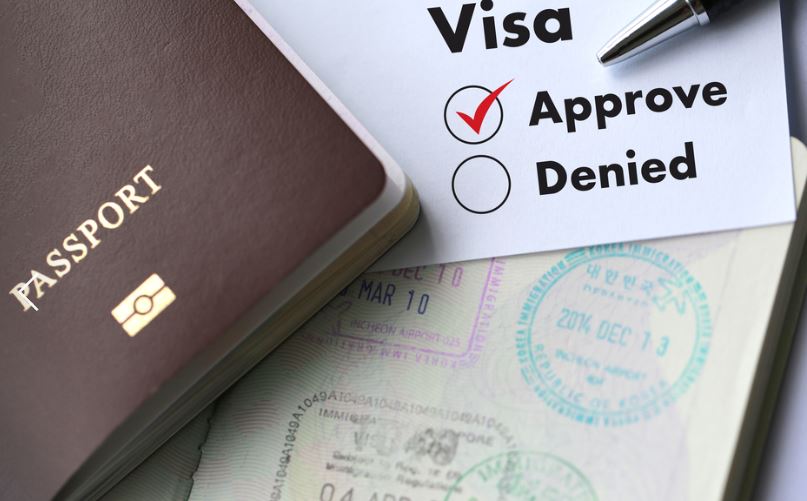
When Should You Apply for a Tourist Visa for Vietnam?
First, it is important to understand that not all nationalities require a tourist visa to enter Vietnam. Citizens of some countries can enter Vietnam for a certain period of time without a visa, while others need to obtain a visa before their trip. You can check the visa requirements for your country on the website of the Vietnamese embassy or consulate in your country.
Assuming you need to obtain a tourist visa, the best time to apply for one is at least one month before your intended date of travel. This is because the visa processing time can take up to 5 business days, and you should allow for any delays or complications that may arise during the process.
It is also important to note that there are different types of tourist visas available for Vietnam. The most common type is a single-entry visa, which allows you to enter Vietnam once and stay for a specific period of time. If you plan to leave Vietnam and then return during your trip, you will need to apply for a multiple-entry visa. The processing time for a multiple-entry visa is usually longer than for a single-entry visa.
Another factor to consider when applying for a tourist visa for Vietnam is the length of your stay. The maximum length of stay for a tourist visa is usually 30 days, although it is possible to apply for an extension once you are in Vietnam if you need more time.
In summary, you should apply for a tourist visa for Vietnam at least one month before your intended date of travel. Make sure you check the visa requirements for your country, and consider the type of visa you need and the length of your stay. By planning ahead and applying for your visa in a timely manner, you can ensure a smooth and hassle-free trip to Vietnam.
How to Apply for a Tourist Visa for Vietnam?
There are two ways to apply for a tourist visa for Vietnam: through a Vietnamese embassy/consulate or through an online visa service. Here are the steps to apply for a tourist visa through a Vietnamese embassy/consulate:
- Download and fill out the visa application form from the website of the Vietnamese embassy/consulate in your country.
- Prepare the required documents, including your passport, passport-sized photos, and visa application fee.
- Submit your application and pay the fee at the embassy/consulate in person or by mail.
- Wait for your visa to be processed and approved.
Alternatively, you can apply for a tourist visa through an online visa service. Here are the steps to apply for a tourist visa through an online visa service:
- Visit the website of a reputable online visa service and fill out the visa application form.
- Upload the required documents, including a scanned copy of your passport and passport-sized photos.
- Pay the visa processing fee using your credit card or PayPal account.
- Your online visa service will email you a visa approval letter within 2-3 business days.
- Print out the approval letter and bring it with you when you travel to Vietnam.
- Upon arrival at the airport, present your approval letter and pay the visa stamping fee to receive your visa.
Pros and Cons of Applying for a Tourist Visa through an Online Visa Service
Pros:
- Convenient and hassle-free process
- No need to visit an embassy/consulate in person
- Faster processing time compared to applying through an embassy/consulate
Cons:
- More expensive than applying through an embassy/consulate
- Some online visa services may not be reliable or legitimate
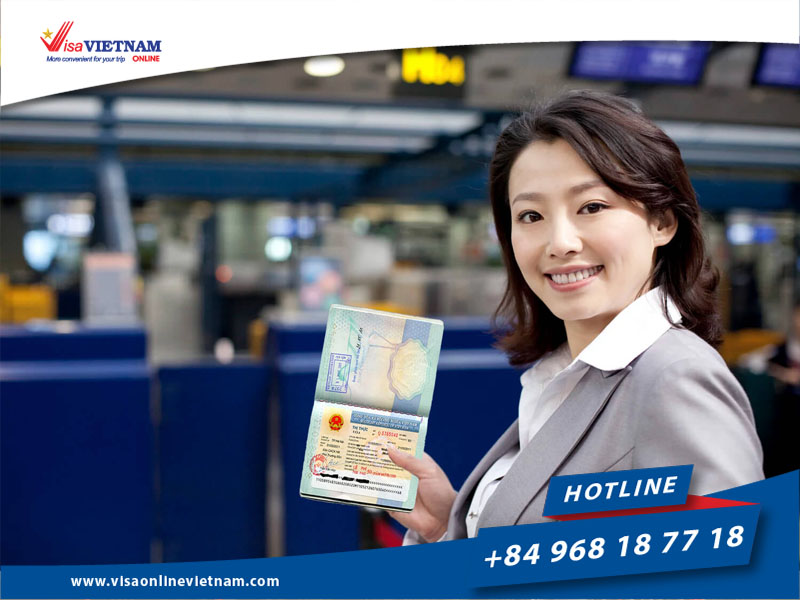
Alternatives to a Tourist Visa for Vietnam
If you’re planning to stay in Vietnam for an extended period of time, there are a few alternatives to a tourist visa that you can consider:
- Business visa: If you’re planning to conduct business activities in Vietnam, you can apply for a business visa instead of a tourist visa. A business visa allows you to stay in Vietnam for up to one year and can be extended for a longer duration if needed.
- Work visa: If you’re planning to work in Vietnam, you’ll need to obtain a work visa. The process for obtaining a work visa is more complicated than obtaining a tourist visa and usually requires the assistance of your employer.
- Student visa: If you’re planning to study in Vietnam, you can apply for a student visa. A student visa allows you to stay in Vietnam for up to one year and can be extended if needed.
Step-by-Step Guide on How to Extend Your Tourist Visa for Vietnam
If you’re already in Vietnam and want to extend your tourist visa, here’s a step-by-step guide on how to do it:
- Prepare the required documents, including your passport, passport-sized photos, and visa extension fee.
- Visit the Vietnam Immigration Department website and download the extension application form.
- Fill out the application form and submit it along with the required documents to the Vietnam Immigration Department office in the city where you’re staying.
- Pay the visa extension fee and wait for your visa to be processed and approved.

Compare Tourist Visa Options for Vietnam
-
E-Visa
The E-Visa is a popular option for tourists visiting Vietnam. It’s an electronic visa that can be applied for online, and it’s valid for a maximum stay of 30 days. The E-Visa is available to citizens of over 80 countries, including the United States, the United Kingdom, and Australia. The application process is straightforward, and the visa can be obtained within 3-5 business days.
-
Visa on Arrival
Visa on Arrival is another popular option for tourists visiting Vietnam. This visa allows you to obtain a visa upon arrival at the airport in Vietnam. To obtain a Visa on Arrival, you’ll need to apply online and receive an Approval Letter before you arrive in Vietnam. Once you arrive at the airport, you’ll need to present this Approval Letter along with your passport and visa fee to obtain your visa. The Visa on Arrival is valid for a maximum stay of 30 days.
-
Visa Exemption
Citizens of certain countries are exempt from obtaining a visa for Vietnam. For example, citizens of the United Kingdom, France, Germany, Spain, and Italy can enter Vietnam without a visa for a maximum stay of 15 days. Similarly, citizens of Japan, South Korea, Russia, and a few other countries can enter Vietnam without a visa for a maximum stay of 30 days.
-
Traditional Visa
The Traditional Visa is another option for tourists visiting Vietnam. This visa can be obtained through the Vietnamese embassy or consulate in your home country. The application process can be more time-consuming and expensive than other visa options, but it allows for longer stays in Vietnam. The Traditional Visa is valid for a maximum stay of 90 days.
In conclusion, there are several visa options available to tourists visiting Vietnam, each with its own advantages and disadvantages. The E-Visa and Visa on Arrival are popular options for short-term stays, while the Traditional Visa allows for longer stays in Vietnam. If your country is eligible for visa exemption, this may be the most convenient option for you. Be sure to research the visa requirements for your specific situation and plan accordingly to ensure a smooth and hassle-free trip to Vietnam.
Tips for Applying for a Tourist Visa for Vietnam
Here are some tips to keep in mind when applying for a tourist visa for Vietnam:
- Apply well in advance of your planned travel date to avoid any delays or complications.
- Make sure you have all the required documents ready before submitting your application.
- If you’re applying through an online visa service, be sure to choose a reputable and reliable provider.
- Keep a copy of your approval letter or visa in a safe place while traveling in Vietnam.
- Check the expiration date of your visa to avoid overstaying and facing penalties or legal issues.
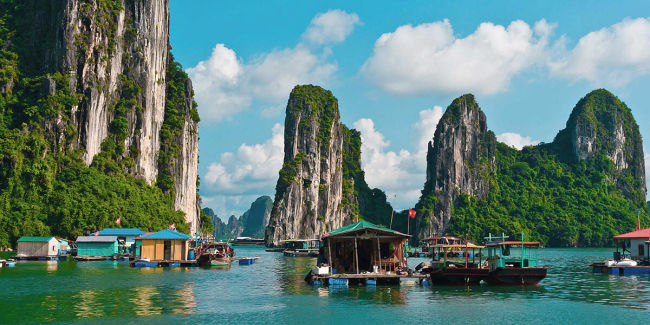
The Best SIM Cards for Tourists in Vietnam
Staying connected while traveling is important, and getting a local SIM card can be a cost-effective option. Here are some of the best SIM cards for tourists in Vietnam:
- Viettel: This is one of the most popular mobile networks in Vietnam, with good coverage throughout the country and affordable data plans.
- Mobifone: Another reliable network with good coverage and competitive pricing for data plans.
- Vinaphone: This network has good coverage in urban areas and offers affordable data plans for tourists.
- Vietnammobile: A budget-friendly option with lower rates for calls and data usage.
FAQs
- How long is a tourist visa for Vietnam valid for? A single-entry tourist visa for Vietnam is usually valid for up to 30 days, while a multiple-entry tourist visa can be valid for up to three months.
- Can I extend my tourist visa in Vietnam? Yes, you can extend your tourist visa in Vietnam by visiting the Vietnam Immigration Department office. The extension duration varies depending on your eligibility and situation.
- Can I apply for a tourist visa for Vietnam online? Yes, you can apply for a tourist visa for Vietnam through an online visa service.
- What are the requirements for obtaining a tourist visa for Vietnam? You will need a valid passport, passport-sized photos, and payment of the visa application fee.
- Which countries are exempted from obtaining a tourist visa for Vietnam? Citizens of Thailand, Cambodia, Indonesia, Malaysia, Singapore, Philippines, Laos, Japan, South Korea, Myanmar, and Brunei are exempted from obtaining a tourist visa for Vietnam.

Conclusion
Obtaining a tourist visa for Vietnam can seem daunting, but with this ultimate guide, you now have all the information you need to plan your trip with ease. From who needs a visa to the best SIM cards for tourists in Vietnam, this guide covers everything you need to know for a hassle-free experience. So start planning your trip now and make the most of your time in this beautiful country!
